Community

GIBNEY COMMUNITY ACTION WORKS AT THE INTERSECTION OF ARTS AND SOCIAL ACTION.
Community programs bring a range of social issues to the spotlight, with a focus on gender-based violence, activating the arts to address social action. We are committed to working directly with communities impacted by intimate partner violence, preventing gender-based violence, rigorous research, and advocacy through our programs:
Hands are for Holding®
A youth-centered arts education program that uses dance and movement to engage in conversations about healthy relationships
Move to Move Beyond®
Healing through Movement
Research Study
Investigating the Role of Movement in Addressing Trauma
Move to Move Beyond Storytellers
Creating Connections through Performance
Gibney’s Community programming receives generous support from the Laurie M. Tisch Illumination Fund, the New York City Council, the New York State Council on the Arts with the support of the Office of the Governor and the New York State Legislature, the NYC Department of Cultural Affairs, the NYU Community Fund, the Pierre & Tana Matisse Foundation, The Ready Foundation, and the Billy Rose Foundation.
Hands are for Holding®
A youth-centered program that uses dance to start conversations about healthy relationships.
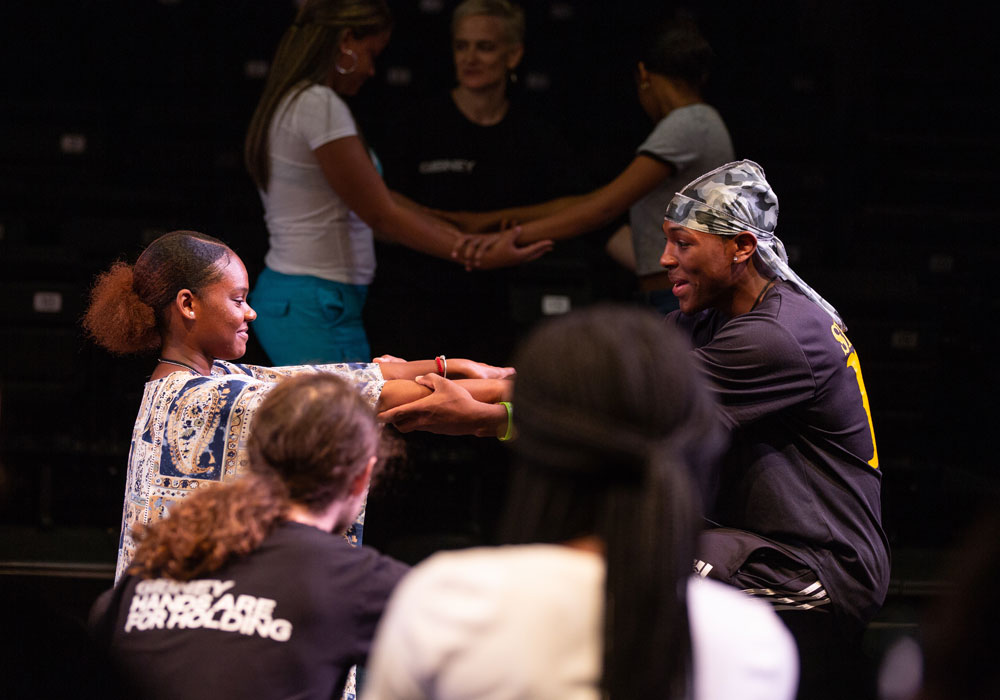
The Hands are for Holding® program is a youth-centered workshop series which uses dance and movement to engage in conversations about healthy relationships, boundaries, respect, and choice in everyday interactions.
Developed in close partnership with Day One and the Mayor’s Office to End Domestic & Gender-Based Violence, The Hands are for Holding (HAFH) program has reached over 35,000 young people, across the nation, in the past six years.
Move to Move Beyond®
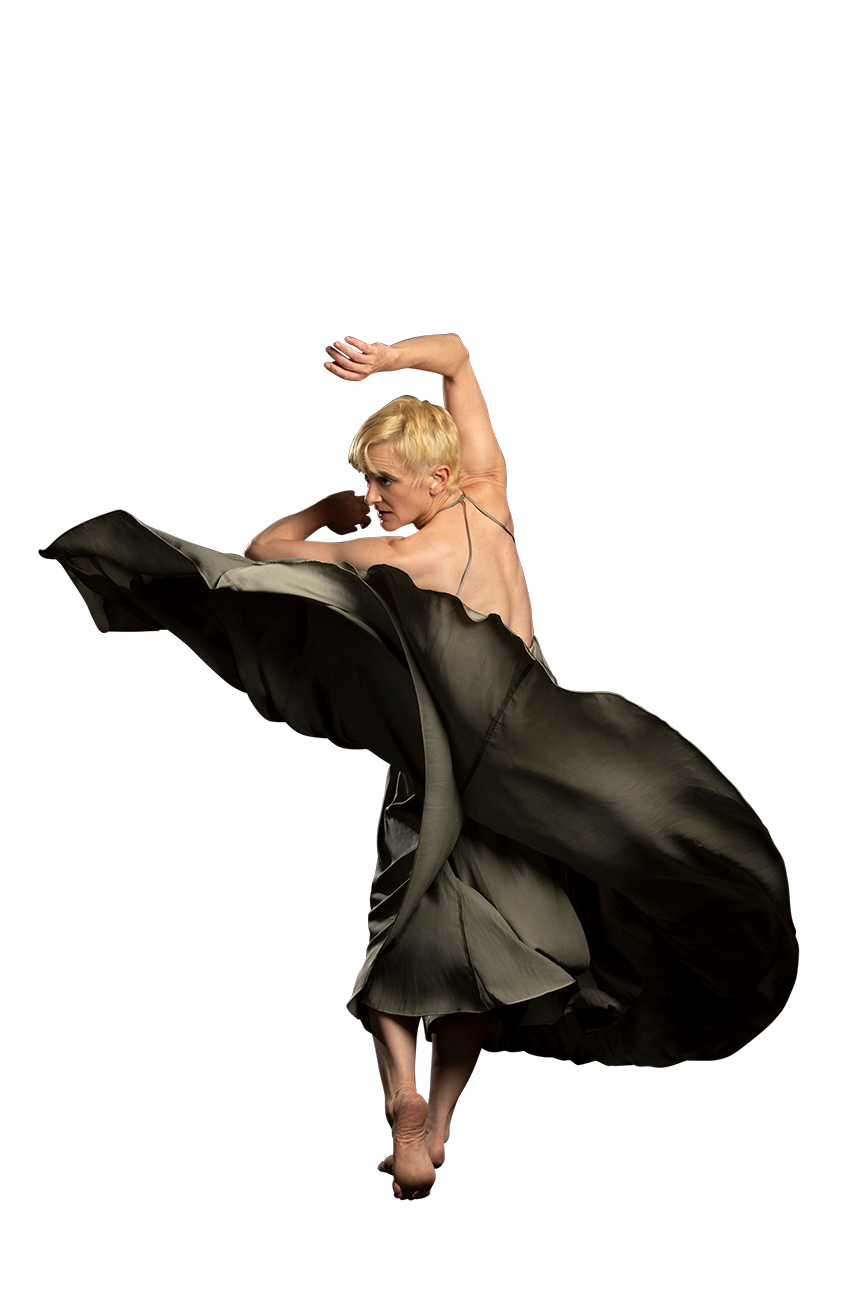
Movement workshops for survivors of gender-based violence and their families.
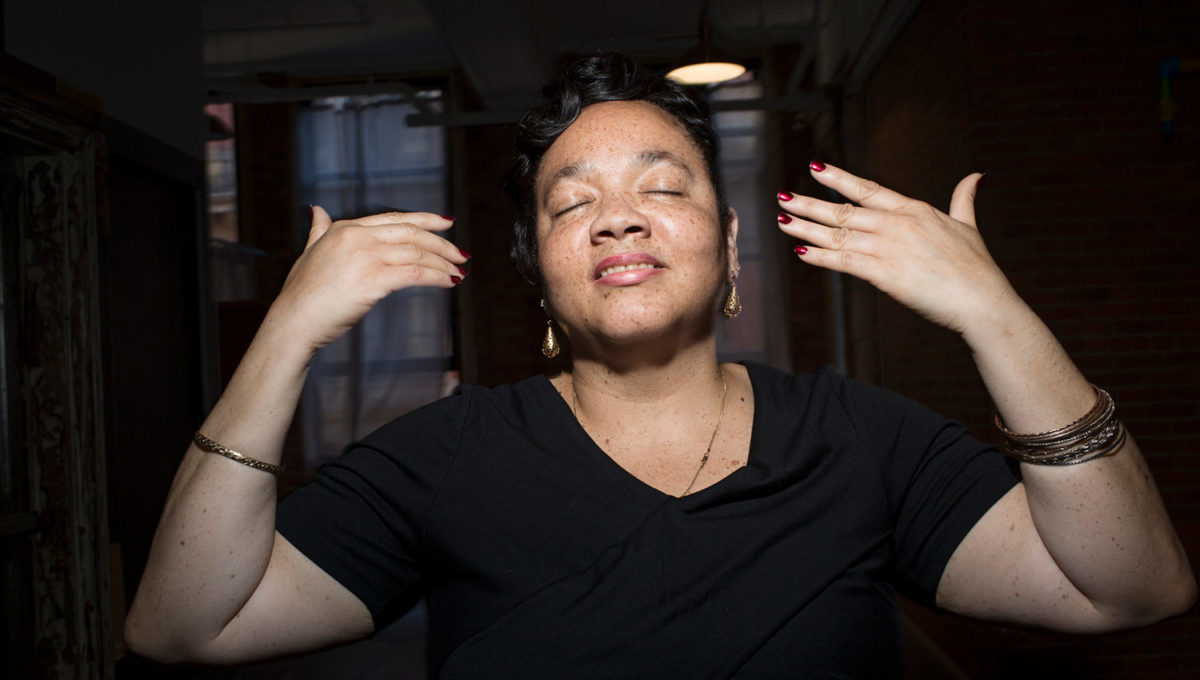
“I feel like I’m coming alive again”
MTMB Program Participant
The MOVE TO MOVE BEYOND® program is an empirically-reviewed, evidence-based program that offers the transformative power of movement to survivors of gender-based violence and their families.
Launched in 1999 in partnership with Sanctuary for Families, the Move to Move Beyond (MTMB) program provides an environment for positive physical expression and has vividly demonstrated that movement, physical awareness and creativity can play a remarkable role in healing trauma. The program has since expanded to include partners such as Safe Horizon, Barrier Free Living, Womankind, Henry Street Settlement, and Community Health Action of Staten Island, among many other New York City organizations.
Research Study
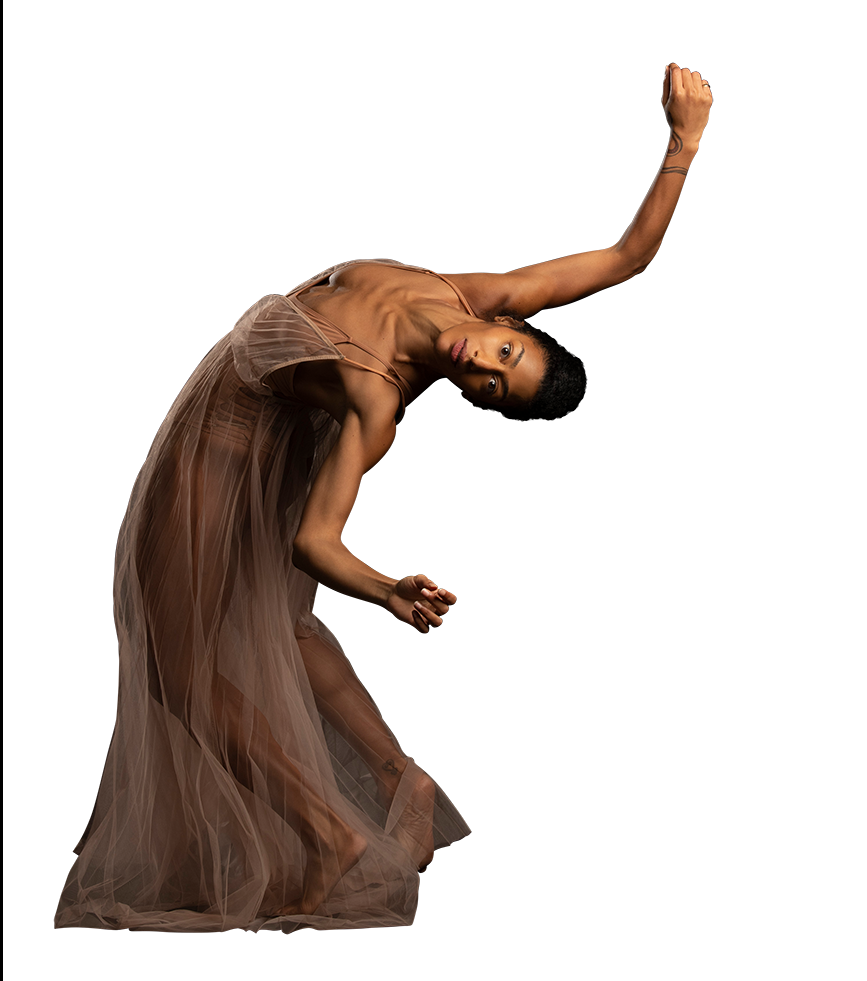
Federally funded research project to investigate the impact of The Move To Move Beyond® program workshops for survivors

In partnership with Teachers College, Columbia University and Sanctuary for Families, Gibney recently completed the first randomized, controlled study exploring the impact of dance and movement on the mental health and well-being of survivors of intimate partner violence. The manuscript, Exploring a Dance/Movement Program on Mental Health and Well-Being in Survivors of Intimate Partner Violence During a Pandemic, was published in Frontiers in Psychiatry, the second most-cited journal in the field of psychiatry with 38 million views internationally.
Funding for Exploring a Dance/Movement Program on Mental Health and Well-Being in Survivors of Intimate Partner Violence During a Pandemic was provided by the National Endowment for the Arts and the Laurie M. Tisch Illumination Fund.

Move to Move Beyond® Storytellers

A performance series of original works based on lived experiences to promote advocacy, connection and awareness in the larger community
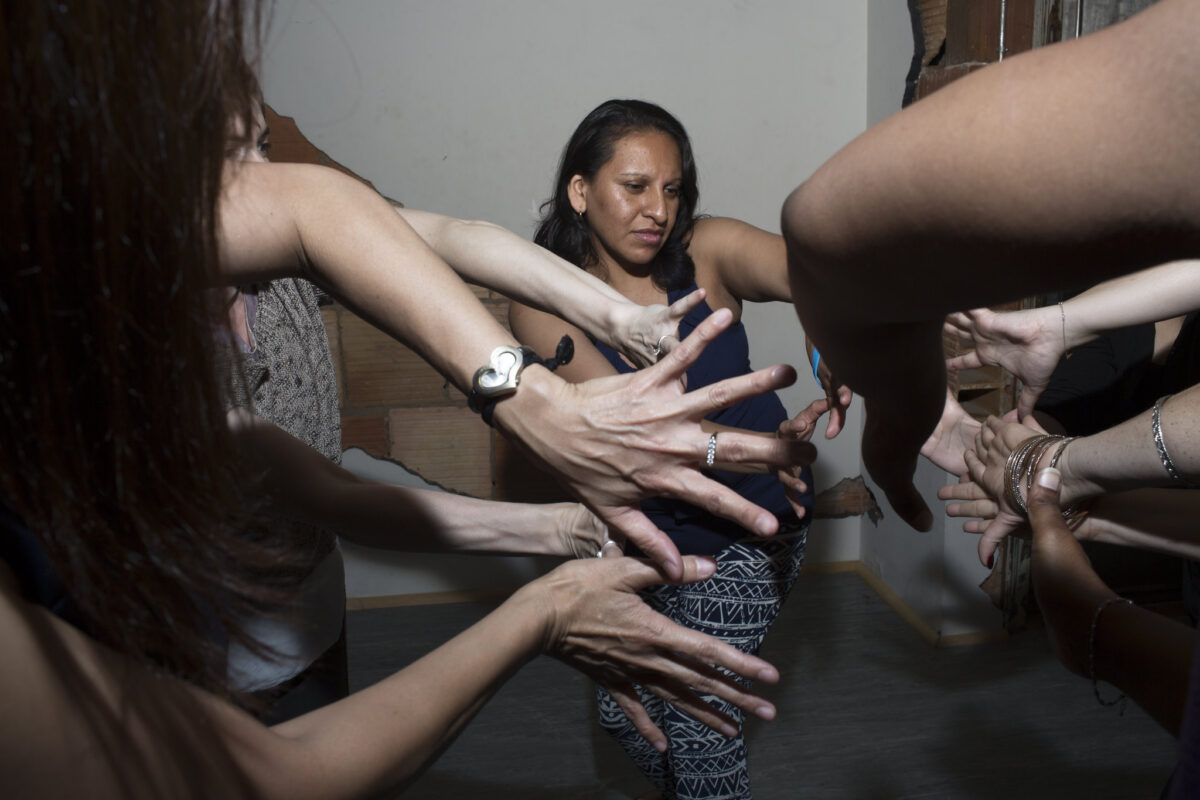
The Move to Move Beyond® Storytellers offer performances that promote advocacy, connection, and awareness.
Gibney’s history with the Storytellers dates back to 2005. Through the Survivor Leadership program at our first partner organization, Sanctuary for Families, we connected with those who felt drawn to the power of expression and creation that movement offers. This planted the seeds for the Move to Move Beyond® Storytellers. In 2019, the program was formalized and expanded thanks to support from Laurie M. Tisch Illumination Fund.